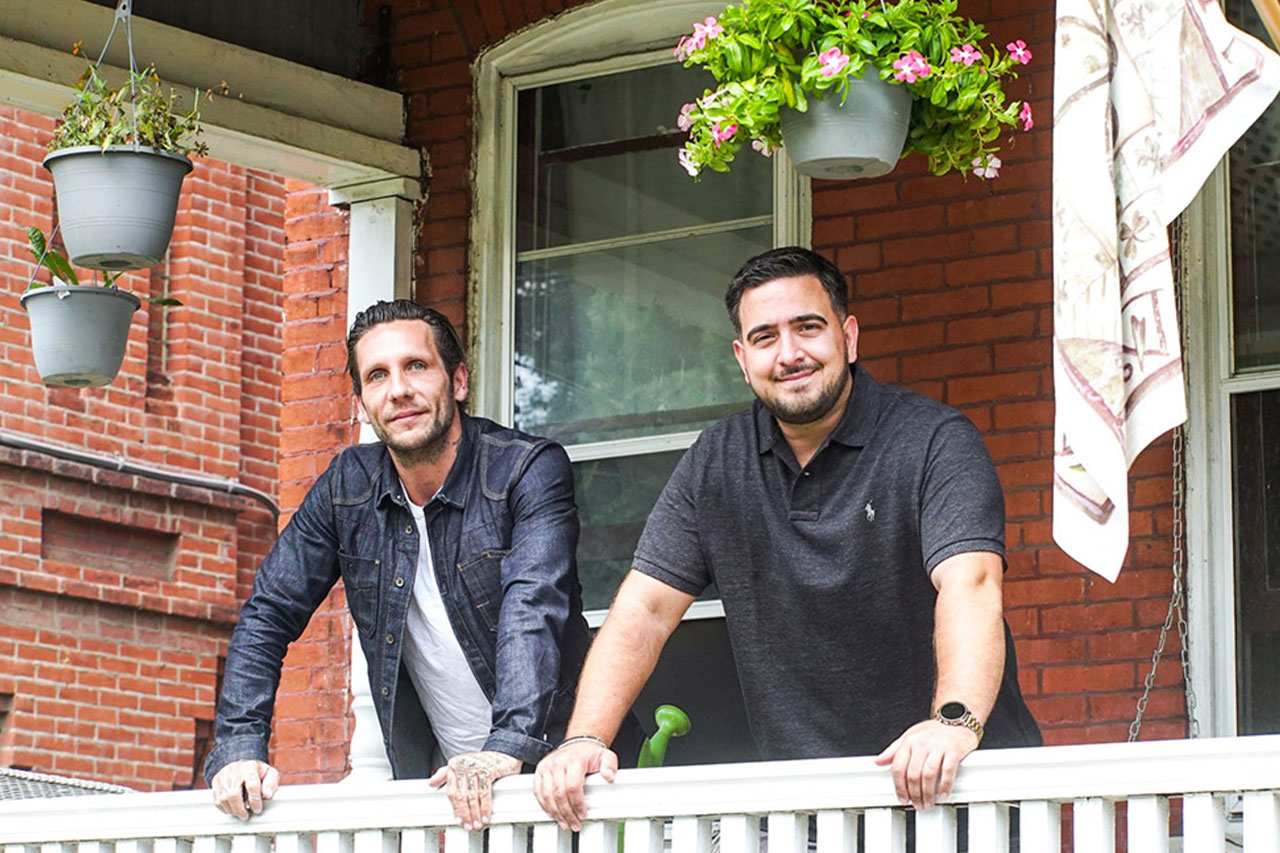
Sober living programs or homes offer safety and support for people who have completed addiction treatment and need help transitioning to an addiction-free lifestyle after rehab.
They allow residents to live in a clean and sober environment while they learn how to navigate day-to-day responsibilities. But exactly what is sober living? How do these programs and homes work?
What Is a Sober Living House?
A sober living home or house (also called halfway houses or recovery houses) are group residences for people recovering from drug or alcohol addiction. While staying at the house, residents agree to remain sober and comply with any drug-testing requests.
Clean and sober living houses are usually owned by private owners, though charities, businesses, and organizations may also own sober living houses. Most homes are located within residential neighborhoods to offer residents a calm environment where they can recover.
It’s important to understand that sober living homes are not drug rehabilitation centers. The staff at these homes do not provide medical or clinical services, but many residents do attend outpatient treatment programs or recovery-based groups while living there.
How Do Sober Living Homes Work?
In an inpatient drug rehab, patients are immersed in their programs and dependent on staff for their care and schedule. In sober living homes, this isn’t the case.
Sober living homes may place certain regulations to ensure that residents remain abstinent from drugs and alcohol during their stay. Recovery houses may offer residents their rooms or may have them share a room with one roommate.
Residents in sober living homes may also share communal space, such as kitchens, living rooms, and backyards. Most homes also require residents to abide by a certain curfew, attend weekly house meetings, attend 12-step programs, and obtain a sponsor.
The goal of a sober living home is to help residents stay sober while they figure out their game plan for life after rehab. This is often a tricky transition for most people, and sober living offers them the additional support and guidance they need to stay sober and figure out what they want to do.
Does Sober Living Work?
For most people, sober living does work. One study of 300 individuals entering two different types of sober living homes over 18 months found that the average length of stay in two different living homes in the U.S. surpassed the National Institute on Drug Abuse recommendation of at least 90 days. The average length of stay for the first home was 254 days and 166 days for the second.1
Secondary outcomes such as employment, psychiatric symptoms, and arrests also improved. For example, the percent of residents arrested before the 6-month mark of sober living was 42%, which dropped down to 26% at the 6-month follow-up, and 22% at 12 months.1
Some additional benefits of sober living homes include:
- Peer support
- Accountability
- The guidance provided by sponsors
- Adjusting to sober living
- A safe and clean environment where one can work on their recovery
- Being surrounded by like-minded people who are also working on their sobriety
- Help in finding employment
- Help in making amends with loved ones affected by one’s substance abuse
Clean and Sober Housing at Novak’s House
Are you looking for a sober living house? If so, Novak’s House might be right for you.
Brandon Novak created Novak’s House, a sober living facility that offers patients amenities such as addiction education, therapy, community meals, gender-specific meetings, internet, computer access, TV, and more. Residents are also able to come and go as they please following the completion of a 30-day transition phase to ensure patients are stable.
His sober living facilities are also centrally located, offering residents easy access to 12-step meetings, public transportation, shopping, social services, dining in the area, and more. The high-speed internet and computer access provided to residents also allows them to join the workforce.
Brandon is also a certified intervention specialist, so not only does he help people transition to a sober lifestyle after rehab, but he also helps people with addiction find the treatment that works for them. If you’re interested in Novak’s sober living communities or his help in how to stage an intervention for a loved one, call him today at (610) 314-6747.
Related Readings:





